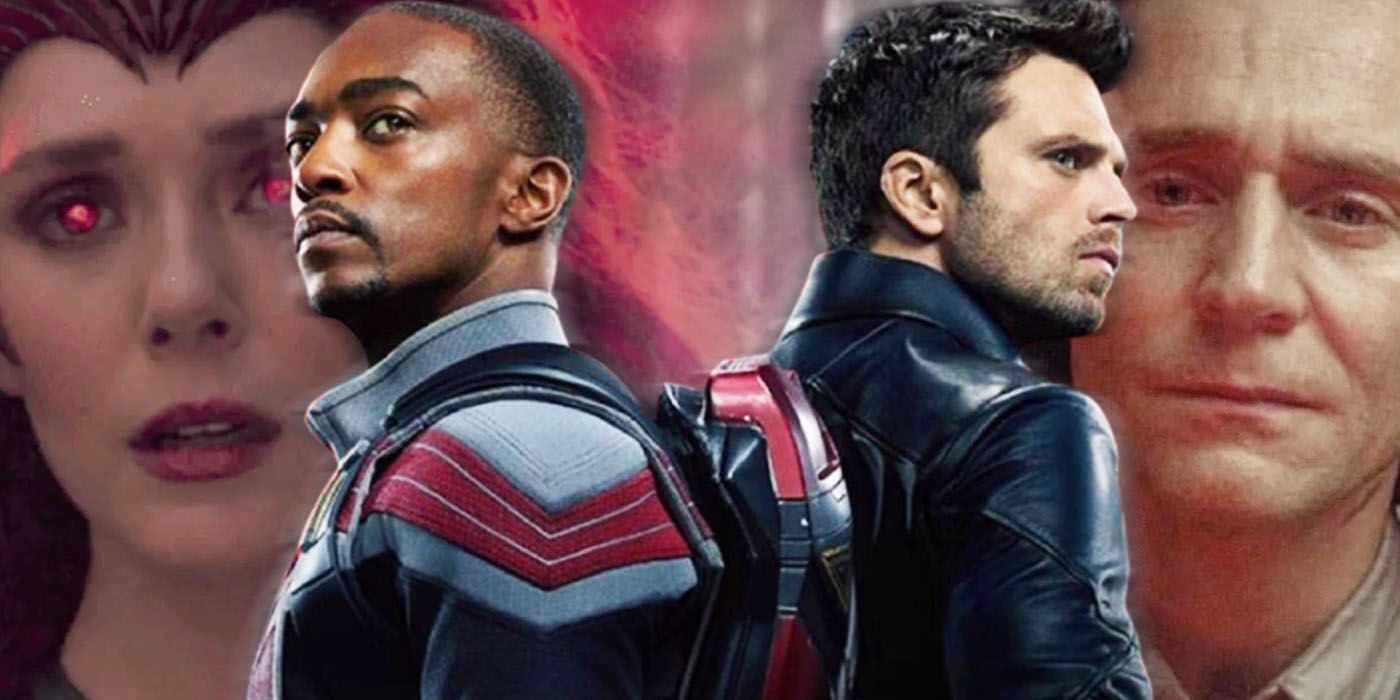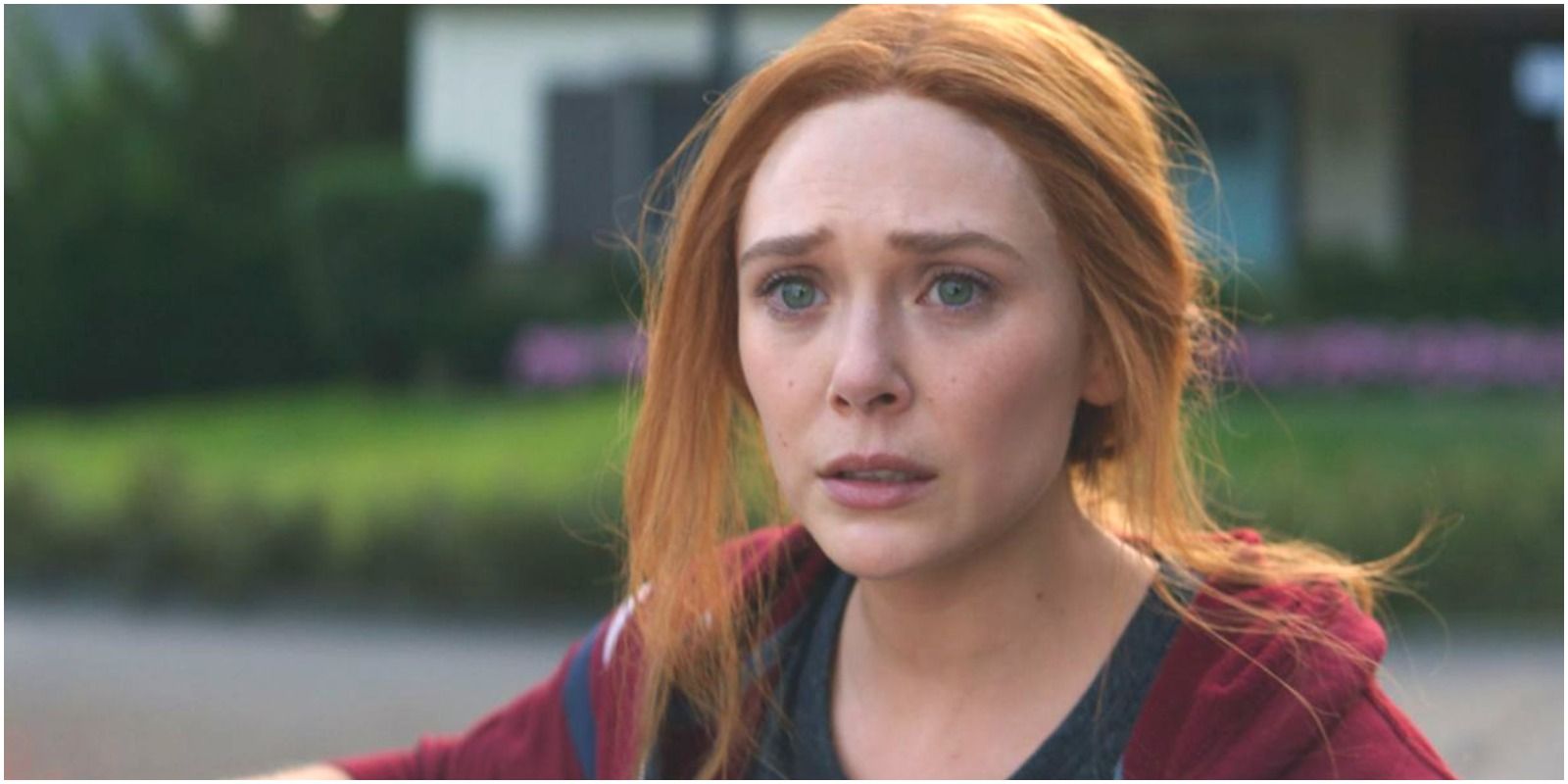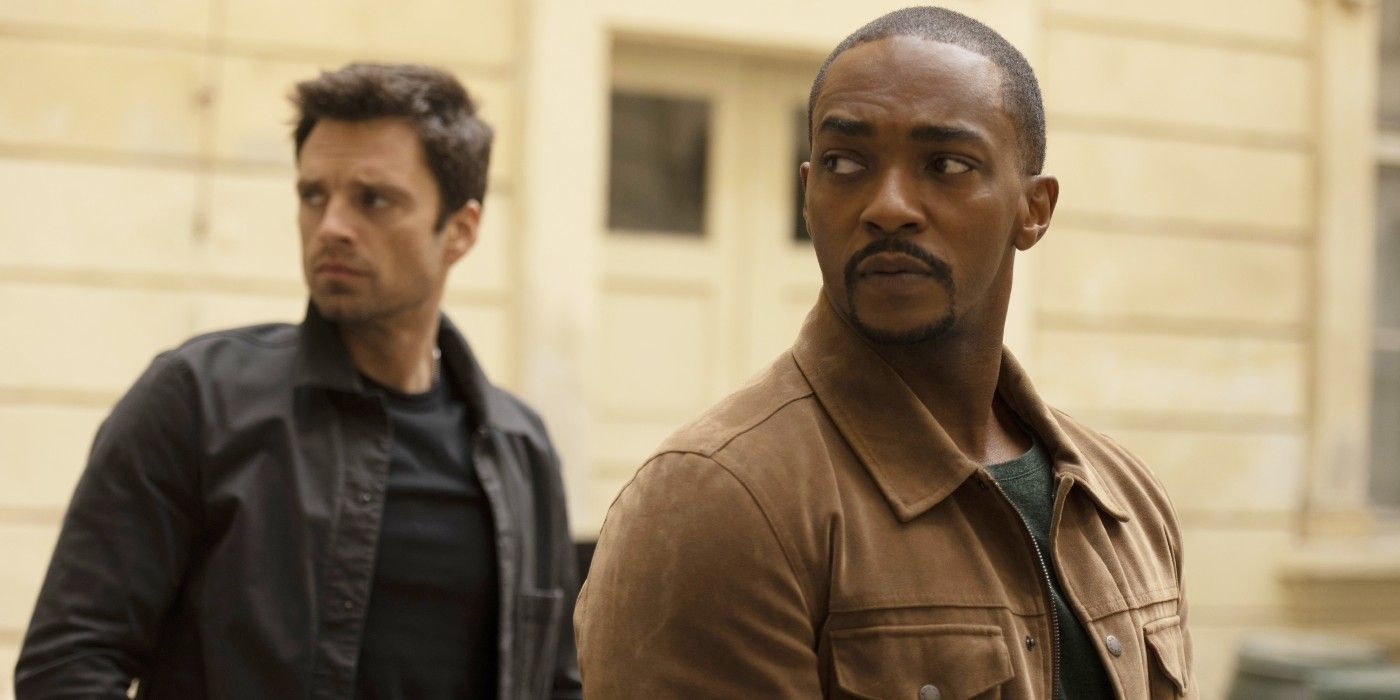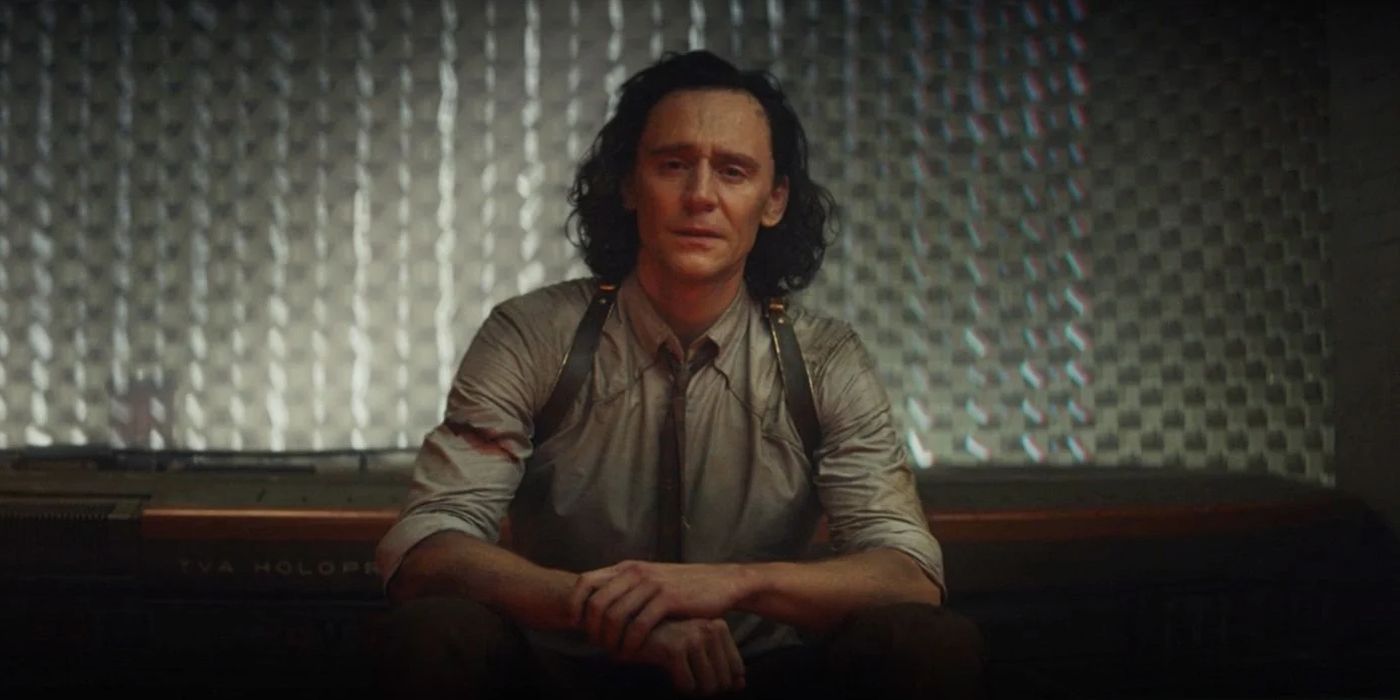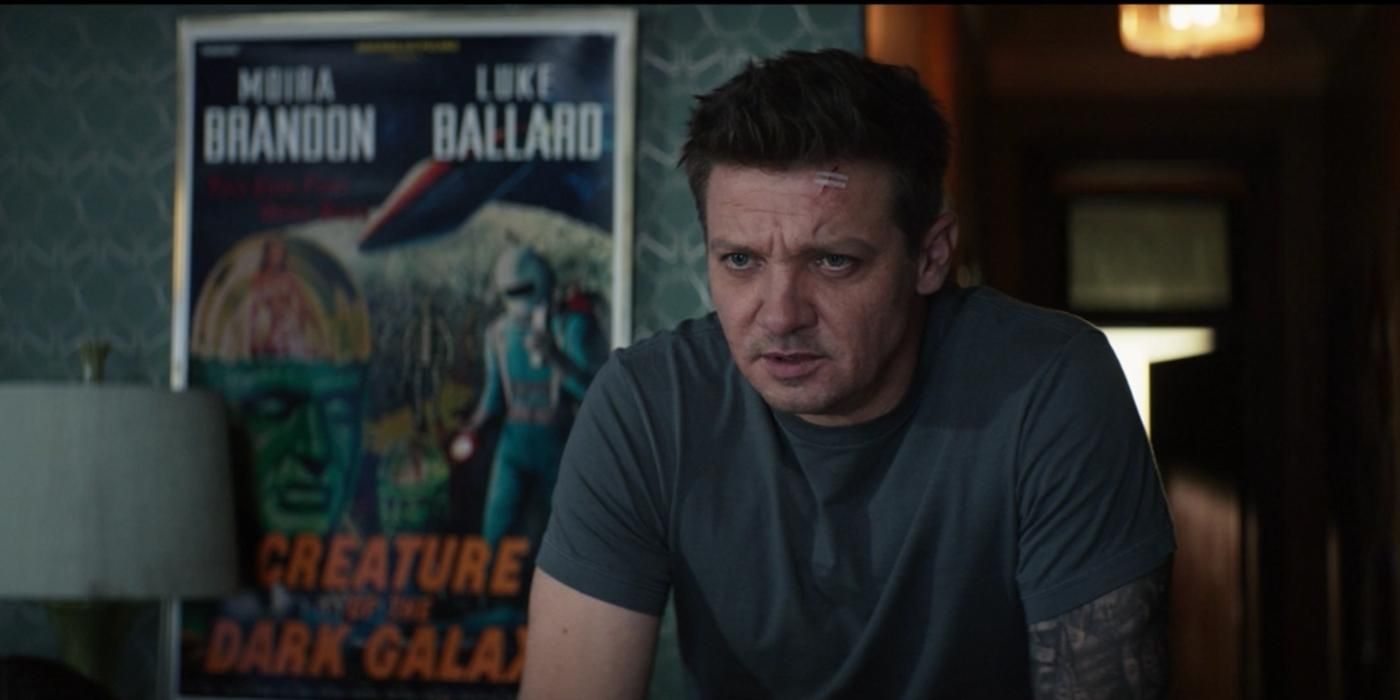WARNING: The following contains spoilers for WandaVision, Falcon and the Winter Soldier, Loki and Hawkeye.
Since the Marvel Cinematic Universe expanded its media content to the world of streaming for Phase 4, the television series have grappled with the concept of grief after the tragic events of Avengers: Infinity War and Endgame. This concept is presented through an extensively referenced process shown in popular culture, most commonly known as the Five Stages of Grief. With the extended runtime of a television series, the previously neglected side characters of the MCU have the chance to experience the emotions of denial, anger, bargaining, depression and acceptance through developed storylines and episodes.
In Infinity War and Endgame, the heroes of the MCU faced their biggest enemy yet, resulting in many falling and many retiring the mantle they carried for so many years. The deaths and disappearances of these beloved characters had a profound effect on the side characters that were soon promoted to their own television series to kick off the new age of storytelling for the MCU. These characters include Wanda Maximoff, Vision, Sam Wilson, Bucky Barnes, Loki and Clint Barton with their respective aliases taking the title of the series they headline.
WandaVision
While named after both the Scarlet Witch and her android husband, WandaVision has obvious favoritism towards Wanda. The nine-episode series begins as essentially a figment of Wanda's imagination, and ends with a captivating backstory leading to her transformation into the Scarlet Witch. Throughout the story, Wanda finds that her handling of the fake reality she's created is slipping from her as she comes to terms with Vision's death.
The first few episodes of the series sees Wanda in her denial stage as she portrays herself and everyone in Westview as a picture-perfect town with citizens living normal lives. Wanda refuses to accept that she is alone, and with her powerful abilities she is able to take that refusal literally. As her idealized world begins to crack with S.W.O.R.D. infiltrating, using Monica Rambeau as a spy, Wanda uses her powers to lash out in anger towards Monica and forces her out of Westview. At precisely the same time, Wanda uses bargaining tactics to keep S.W.O.R.D. out of her home, claiming that she is hurting no one, but is willing to if they invade again.
The last stages of depression and acceptance don't come for Wanda until the last two episodes of WandaVision. In "Previously On," Wanda experiences a realistic flashback of her childhood and her journey with Vision until the present. The ventures are clearly traumatic for the witch, as she is forced to experience her family's death along with the love she had with Vision that she can never really have again. While it's unknown if Wanda ever achieved happiness after this state of depression, she did find acceptance in it as she starts to see the harm she caused by keeping ordinary people captive and oppressed while she gets to live out her dream. The Scarlet Witch exchanges her children and her husband for the greater good of Westview, but with her new knowledge of chaos magic, Wanda may fall back into her old ways to receive what's hers.
The Falcon and the Winter Soldier
The next MCU series follows former friends of Steve Rogers, Sam Wilson and Bucky Barnes, as they attempt to find their place in a world without a Captain America. They each have their own reason for going through the grieving process, as both are mourning Steve, but do have individual issues of their own. Sam worries about the corruption of the world without a true Captain America, but doesn't believe the world is ready to accept a black man taking over the mantle. And Bucky continues to live in denial of the fact that he can move past his crimes as the Winter Soldier.
Anger follows both Sam and Bucky mainly as a reaction to John Walker being appointed the new Captain America. While the army veteran initially had good intentions, the pressure of fitting into Steve's shoes haunted him into taking the Super Soldier Serum, which only enhanced his negative qualities. Bucky has resentment towards Sam for giving up the shield, believing Sam allowed this to happen, and the introduction of the enhanced Flag Smashers only adds to his outrage. This leads Bucky to trade morality for a solution: he breaks Baron Zemo out of prison against the Wakandans' wishes to find the serum and destroy it once and for all. More than anything, this choice was more for preventing another Winter Soldier to come into the world, but Bucky hides his guilt in a more secluded fashion, which contrasts Sam keeping his heart on his sleeve.
Episode 5 ("Truth") begins with a cold open of a fight between John Walker, Bucky and Sam after John murders one of Karli's closest associates. In a moment of both victory and defeat, Sam holds the blood-soaked shield as Bucky mutters, "If you had accepted it, none of this would've happened." Bucky's misunderstanding of Sam's decision to give up the shield is an insult to Sam's grievance, and only musters a deeper depressive guilt for John's actions. However, the next episode finally finds Sam accepting the Captain America title and Bucky exposing himself as the Winter Soldier to the father of a man he killed as the assassin. The two men may always miss the man who helped them become the heroes they are, but their acceptance proves they can live on without him.
Loki
The God of Mischief may have been the villain in other people's stories, but a story from his perspective makes him much more sympathetic. The self-titled series follows Loki after the events of The Avengers, right off the heels of his defeat. While the MCU's more heroic characters grieve the ones they love, Loki mourns more for his humility and loss of glorious purpose. An outright selfish character, Loki allows a fresh take on the Five Stages of Grief, but finds his humanity as he delves deeper into the process.
Episode 1, "Glorious Purpose," doesn't shy away from showing Loki in his truest form -- all doubtful for everything and everyone, but himself. His initial encounter with the Time Variance Authority was completely in character as he didn't even believe it to be a real place at first. While he can grudgingly accept that he lost to the Avengers, he can't move past the fact that his life will never be the same after he "betrayed" the Sacred Timeline's events. Loki is definitely furious about this. His entire life was built on a lie created by his father, and after attempting to find some other purpose to live by, he is sent to the TVA to be told it would mean nothing from there. His irritation is rational by one other purpose -- his variant, Sylvie.
Throughout the series, Loki and Sylvie bond over mutual understandings of each other's lives and the ridiculous standards that the TVA sets. This only makes Sylvie's betrayal hurt worse for Loki after he tries to convince her not to kill He Who Remains in the bargaining phase of the process. By the final episode, Loki begins to understand the pain he has caused his brother, Thor, after double-crossing him for his own gain so many times. Loki has learned to love someone other than himself and is right back in the mental state he started in after he lost the Battle of New York. Hopefully Season 2 will allow Loki the chance to confront his demons that are preventing him from moving forward.
Hawkeye
Much like Loki, Clint Barton hasn't quite finished his cycle of sorrow as his series hasn't been fully released yet. As of Episode 3, Clint seems to only have hit the anger emotion, but as a man of few words and expressions, it's difficult to tell if he's even there yet. Clint's loss of his best friend Natasha Romanoff is quiet, given his stoic personality. His way of grieving differs by never mentioning what has happened in the first place, or at least not directly. Natasha is referenced several times in the series as a reminder of who brought Clint back from the dark space he was in as Ronin, and the first mention of her in the series is hurled at him in a comedically displeasing way.
Rogers: The Musical features a dancing Natasha during a fictionalized reenactment of the Battle of New York, and acts more as a caricature than an actual person. The mockery of her and the entire battle offends Clint, but he somehow finds it within himself to bottle the emotions that will more than likely emerge at another point in Hawkeye. As Clint's storyline largely focuses around his time as Ronin and his friendship with Natasha, it's expected by the end of the season that Clint will find some way to live with Natasha's death without feeling guilt.
The effects of Endgame are still clearly at large with these characters, and it seems that they won't be going anywhere anytime soon. These losses changed these characters -- some in a more negative way than others -- but there's no denying that seeing these characters develop through the grieving process make them more human and well-rounded than they ever have been before.
All MCU shows are currently streaming on Disney+, with a new episode of Hawkeye released every Wednesday.

